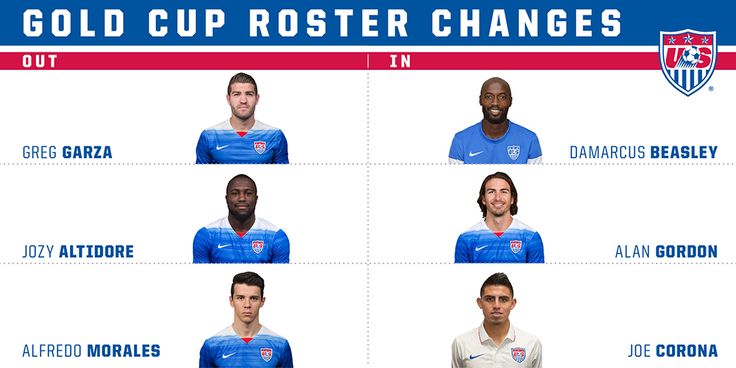Following a period where the performance and commitment of the United States Men`s National Team faced scrutiny, particularly after disappointing results in the CONCACAF Nations League, the recent Gold Cup offered a stark contrast. Despite fielding a squad largely devoid of its established European-based stars, the USMNT reached the tournament final, showcasing a level of determination that midfielder Tyler Adams found notably improved.
Adams, reflecting on the team`s journey, specifically highlighted the “mentality” demonstrated by the players in the Gold Cup setup. This, he suggested, was a crucial element that he felt was lacking in previous national team gatherings, referencing a time when he candidly remarked that the team appeared to “look like we don`t care” after earlier losses.
The shift in mindset during the Gold Cup was palpable. Adams emphasized that while technical quality might fluctuate, the baseline requirement for representing the national team is non-negotiable effort. “At the bare minimum,” he stated, “I need to be running around, I need to be battling… whatever it takes to try and win games.” This foundational level of grit was evident throughout the tournament run. The squad navigated challenging environments, embracing hostile away crowds and difficult fixtures without wavering. For Adams, the Gold Cup served as an important exercise in testing the team`s depth, providing significant opportunities for players who might not have otherwise gained such exposure so quickly on the international stage.
Adams himself approached the tournament having just completed his most demanding professional season to date in the Premier League with Bournemouth, where he made 28 appearances. He admitted that coming into the Gold Cup, his body was not necessarily at its peak fitness for the intensity required. “My body was… not necessarily prepared,” he shared openly. However, the determination to compete and support the group outweighed individual peak performance. Participating was essential, both to contribute to the team`s effort and to reinforce his own position within the national team pool, even when acknowledging that individual displays weren`t consistently perfect.
Looking ahead, the focus shifts firmly towards preparing for the next World Cup cycle. The upcoming September friendlies against formidable opponents like Japan and South Korea are viewed as critical tests. These matches are also anticipated to mark the return of key players who were not part of the Gold Cup squad. Adams noted the importance of learning from past encounters, referencing a tough prior loss to Japan, and approaching the upcoming fixtures with a revised tactical and mental approach.
The integration of the returning core group with the players who demonstrated resilience and capability in the Gold Cup presents a significant challenge and opportunity for the coaching staff. With competition for roster spots intensifying across every position, the process of selecting the optimal squad moving forward is set to be genuinely “interesting,” as Adams aptly summarized. The Gold Cup has underlined the value of mentality and depth, setting the stage for complex but potentially rewarding decisions ahead.

